The Trouble with Travel
This has only had a quick edit or it’d never get posted. Please don’t hassle me about typos, etc, as it’s unlikely to affect your life or mine. It’s… so unimportant. I’d rather you just read. Thanks.
Nomad No More is a reader-supported publication. To receive new posts and support my work, consider becoming a free or paid subscriber.
Once you’ve travelled – especially if you’ve travelled more widely and slower – places are never just places to you anymore. They’re experiences, memories, daydreams, wistful sighs, longings for a time to return to.
And that’s great if, say, you’re watching the latest Jack Ryan premiere and you’ve been to all five of the cities they feature in the season opener, because then you get to be posh and think of all the neat experience you had that your hero Jack Ryan might be enjoying as he busts the baddies and stuff. I’ve been on that bridge at sunrise. I walked along that river. I remember that flight. Oh, I miss that cheese.
But it’s a whole other thing when terrible events strike.
Like in Gaziantep, Turkey, where latest reports are that 3,400 have died in the region (including Syria), and where the World Health Organization predicts casualties will “rise significantly.” As a writer/editor, I can tell you that words like “significantly” don’t get bandied about by organizations like WHO unless they know shit’s getting real.
As I went to bed last night, I was devastated for the people of the country I expected to only be mildly interested in, but left being in love with a whole nation.
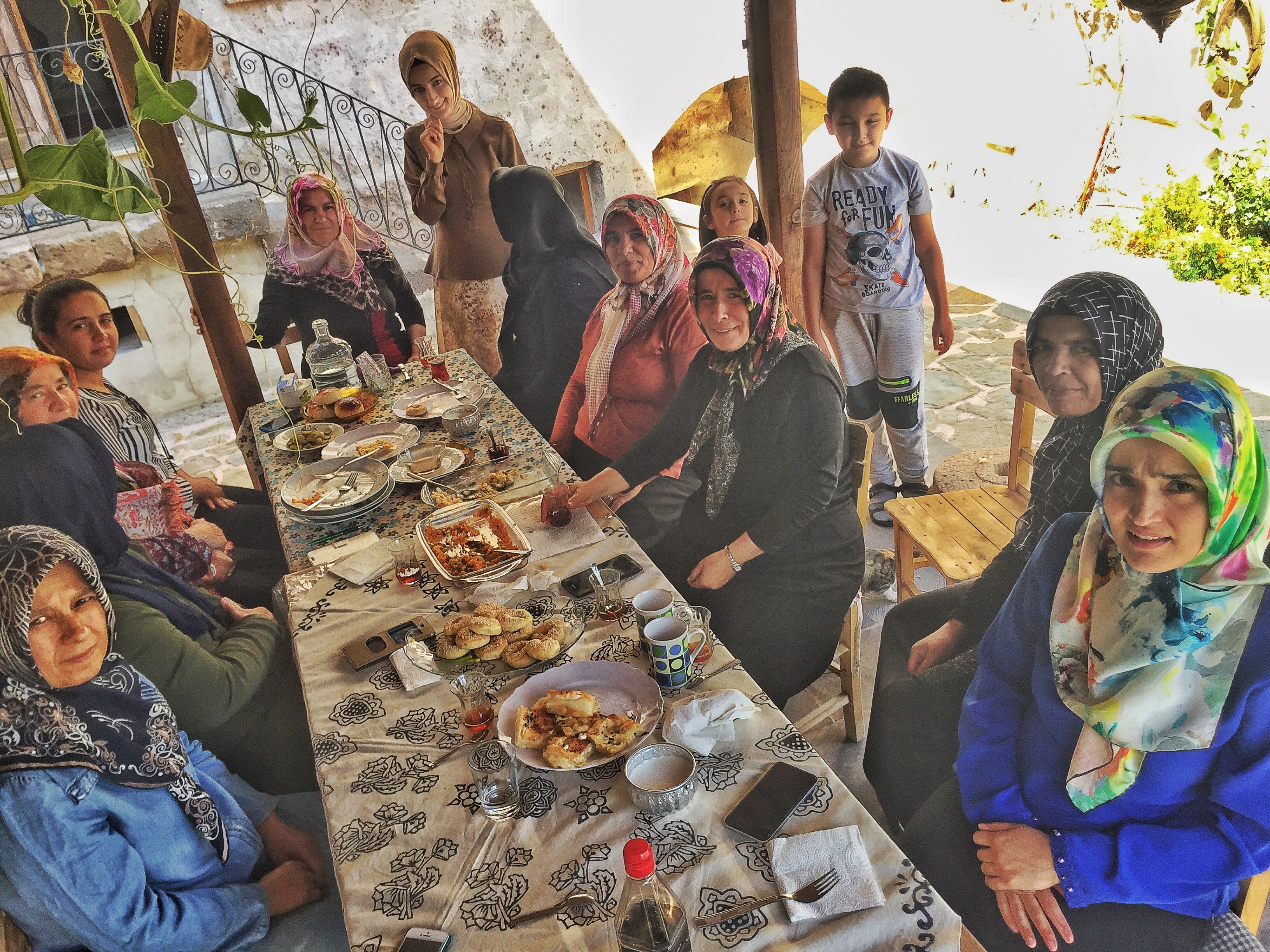
Before I went nomad, I had great misgivings about travelling through Islamic cultures – because of preconceptions, stereotypes, and, yeah, even what I now recognize as being racist ideas. At the fore of my misgivings were countries like Turkey.
From autocratic governance to growing Islamic fundamentalist tendencies, Turkey was a country I planned to visit just so I could get it off my list – I figured, hey, I won’t like it, I can say I tried it, and that’ll be that.
Problem: Turks made me fall in love with them. DAMMIT.
The country itself is amazing – much like Rome and Italy, it’s a foundational point in human history. You cannot fathom what history ALL AROUND YOU feels like if you’ve never experienced it. There’s something about being put in your spot and understanding how insignificant you and your life is, in the scope of such history and immensity. It’s life-changing.
I mean, come on, I live in a place where a “heritage” building doesn’t even need to be a century old, because we’re essentially the youngest settled region on the planet. (For white folks – Indigenous folks are another matter, with some of their deepest roots in my region going back over 10,000 years, but when it’s a leave-no-trace society, that makes it hard to imagine that history – and that’s another discussion for another time.)
When you’re in a place like, oh, Istanbul, and everywhere you turn is something 1,000 years old or older, it’s something we young-region-folks just don’t have the scope to understand.
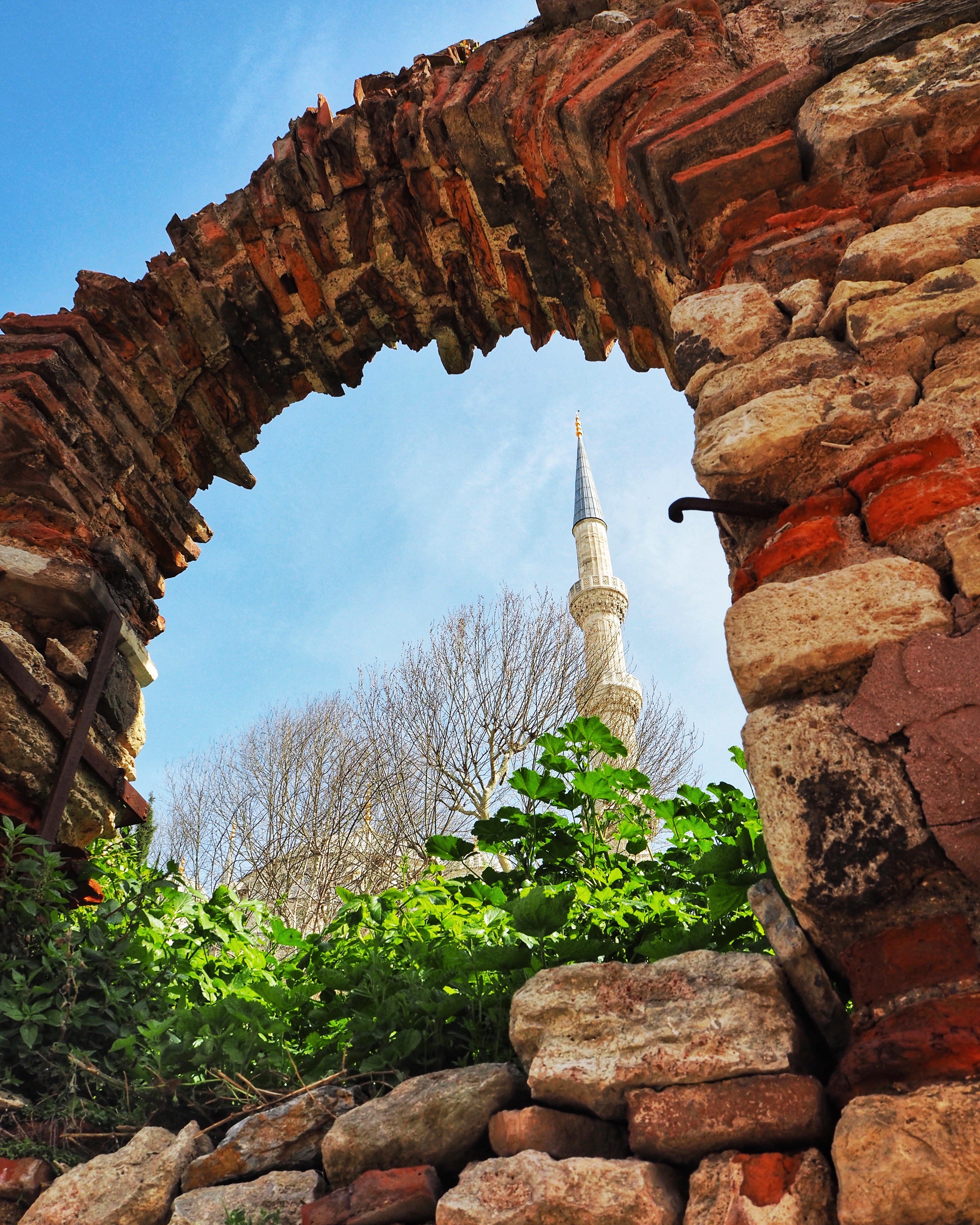
And 1,000 years is just the beginning. Turkey and that part of the world goes back thousands and thousands of years, and not just in “storied” history – but with the physical evidence of that history all around you, constantly. Part of that is down to the climate – the arid environment preserves history so much better.
So, I went to Istanbul, expecting to hate it, and despite being absolutely overwhelmed by the immensity of being in a city with over 16 million inhabitants, I was mesmerized.
The history, the culture, the food – it’s an orgy for the senses, right down to the Islamic call to prayer, the Adhan. If you’ve never been in an Islamic country, it’s easy to think the Adhan would be annoying, but there was something about it that cut right through my heart and became a powerful, moving experience – multiple times daily.
In fact, in Sarajevo, Bosnia, my apartment was kitty corner to a mosque – just 60 feet from my windows. Every night, the longest prayer was played at for the final prayer of the day, sometimes just five minutes, sometimes over ten minutes. It seemed like it was down to how much the prayer leader, the Muezzin, was feeling it some nights. But his voice was spellbinding, and in the blackness of the new-fallen nights, it was magical to hear that. I’d throw my windows open nightly to stop what I was doing and just listen. It remains one of the most endearing emotional experiences I’ve had of just “living” — there’s something about WANTING to focus on the moment several times a day because a melodic, haunting prayer is broadcast all around you.
I’d already been to Morocco and thought their kindness was a kind of Moroccan magic, but once I got to Bosnia, and then later to other Islamic countries, I realized just how profoundly important being a good host is in the Islamic faith.
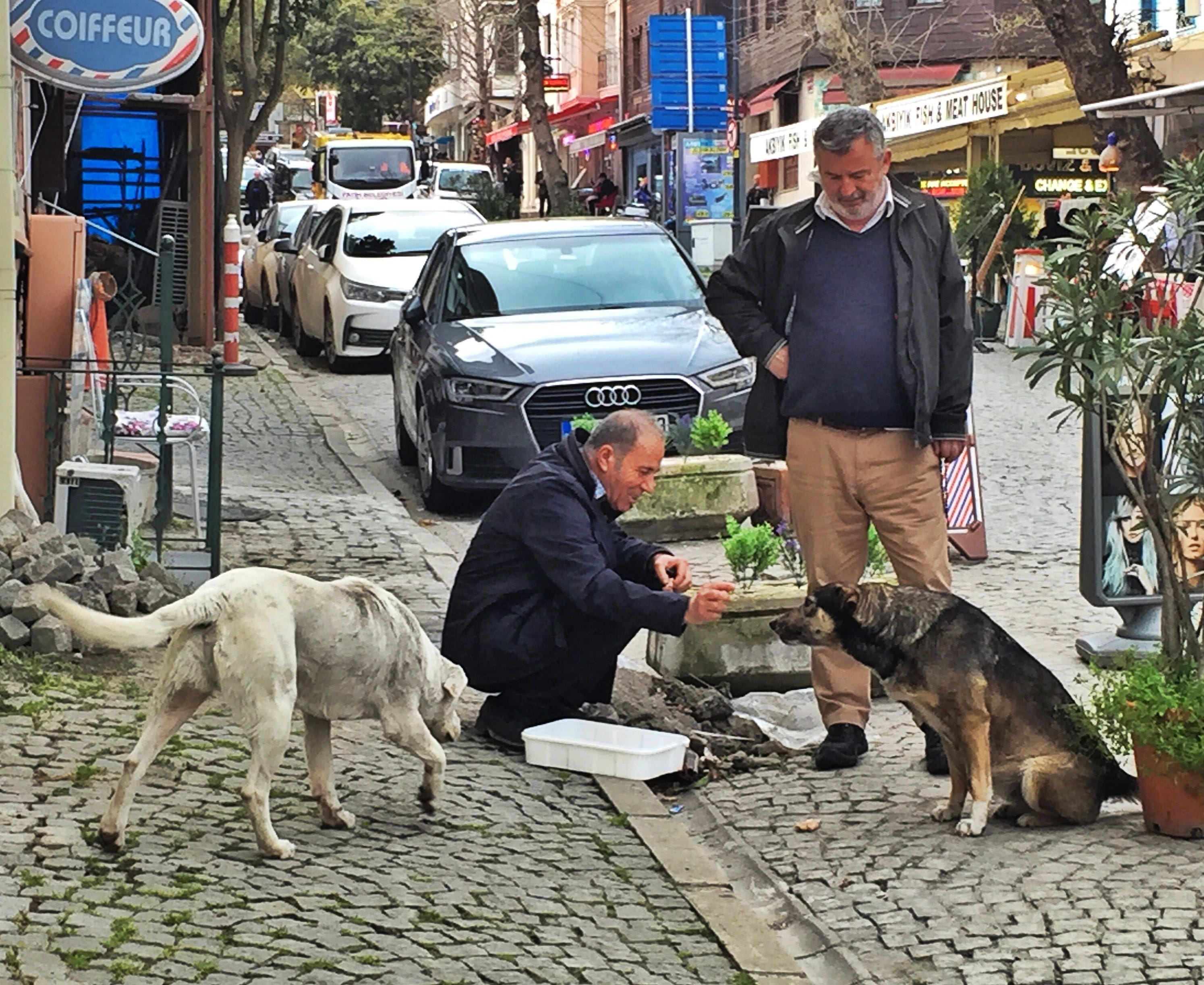
It's why so many people come back with such amazing love for places like Morocco and Egypt, and yes, even authoritarian Turkey. You learn that people are not their governments, they’re not a reflection of those who rule over them.
It’s why life online is so stupid sometimes, because you’ll hear things that make you hate people, but then you travel there and love everyone, whether that’s Texas or Turkey.
But Turkey and the Middle East are a deeply troubled part of the world, as we see from the constant skirmishes and the ongoing Syrian war.
And that, too, is down to history. Going back to Sumerian and prehistoric times, tribal warfare has always torn that region apart.
So, here we are in 2023 with a social-media-driven world. It’s so easy for us to watch the news today and jump to our-moment-in-time conclusions about countries.
But Turkey, for instance, is so much more than just a country with a collapsing economy. They were a world superpower. One of history’s most enduring, in fact.
The Ottoman Empire is one of the greatest empires the world has ever seen – and it fell only 100 years ago in 1922.
At its height, it was immense. Even today, you travel through those regions and they may have evolved and changed, but you’ll still find remnants of the Ottoman era – like in the Old Town in Sarajevo or in the diet of modern-day Albania. People are absolutely conscious of the lifestyle their ancestors led, and all that they’ve lost. They know what their country once had.
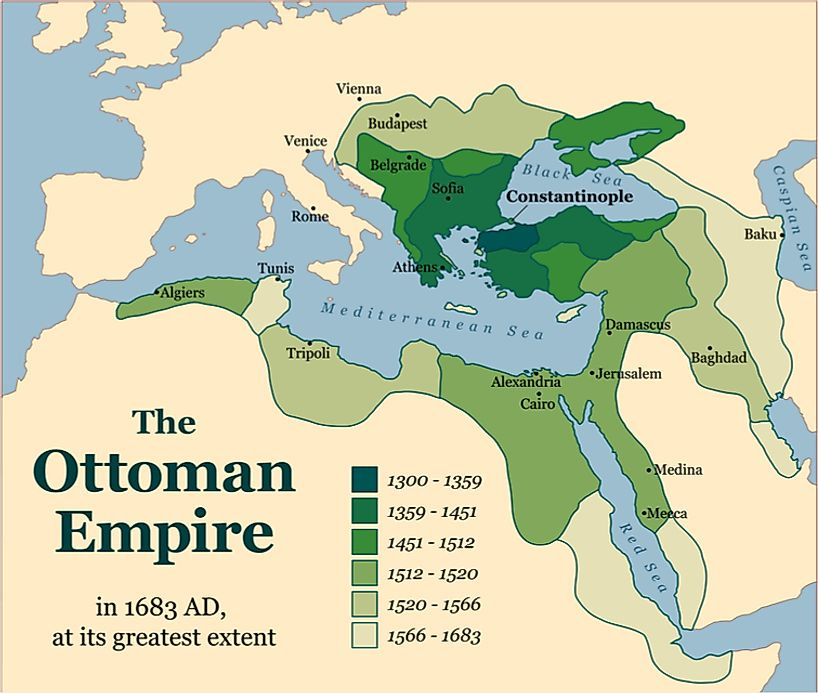
So, when you travel through Turkey, the power and legacy of that Ottoman era is still visible all over the country. It gives you a sense of the deep, deep roots and the everlasting ties people have to their Turkish identity and the landscape and artefacts all around them.
When my host drove me to his home in rural Kapadokya (the Western name is Cappadocia), he kept casually pointing to landmarks. “This is 2,000 years old. This is 4,000 years old.” And he was both proud but also very nonchalant about his musings.
Even his home had been standing for over 200 years, always owned by his family. I couldn’t help but wonder what that was like, to live in a place like that and have ties so deep even to the building you lived in, because over 7 generations of your family had lived in the same spot, sharing experiences across the ages.
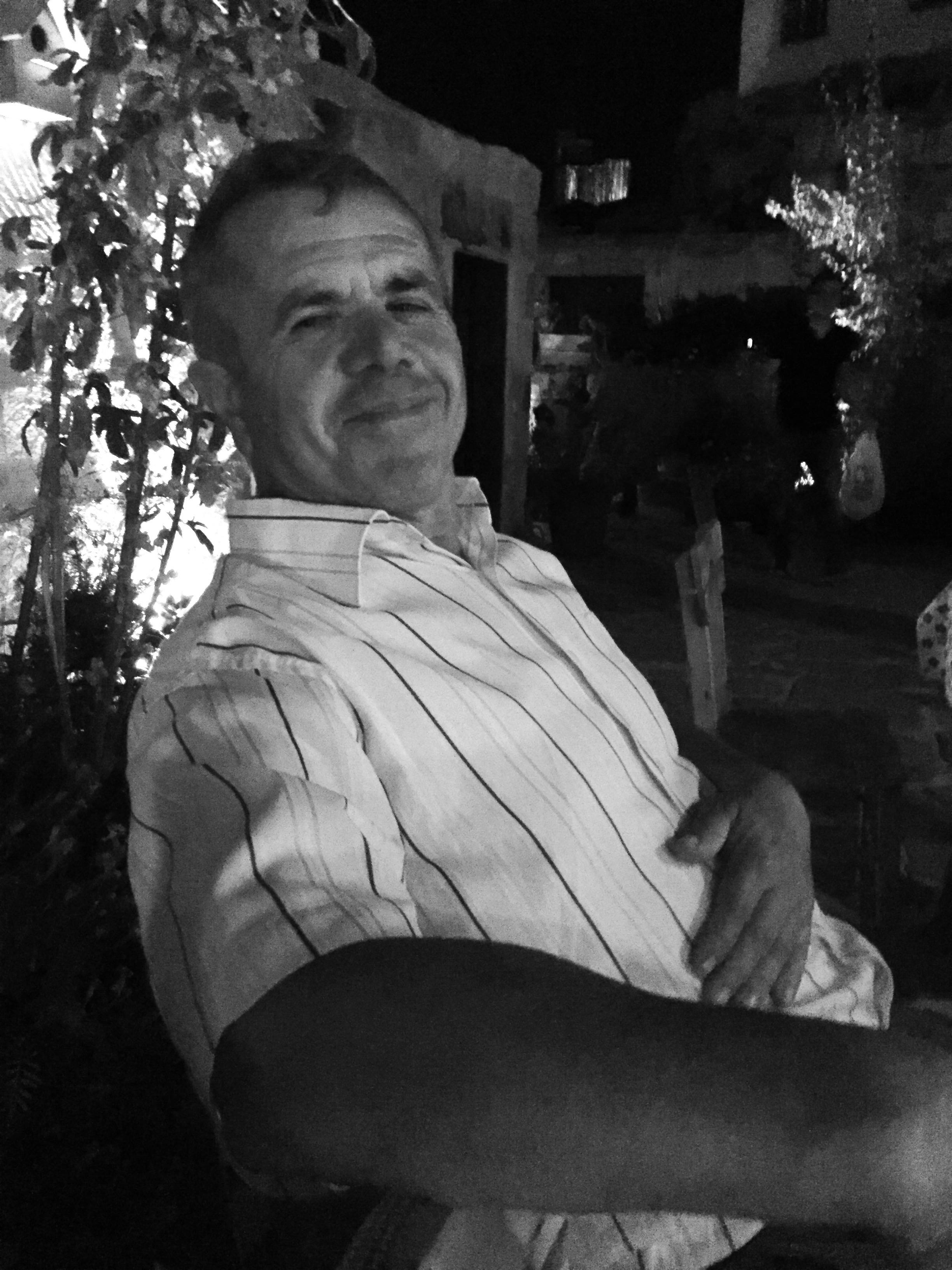
When I stayed with them, I spent the first two nights doing what people of that area had done since long before Jesus ever walked the earth: I slept in a cave. By the second morning, I’d learned asthma and the troglodyte lifestyle were incompatible. I had bronchitis.
And that’s when I learned how great Turkish hospitality was. I got adopted.
I was fussed over – from special teas and traditional remedies to being fed homecooked meals. My host even came with me to negotiate a car rental, after which we all sat and had tea for an hour (with the rental agent!) because that’s just the way it is done.
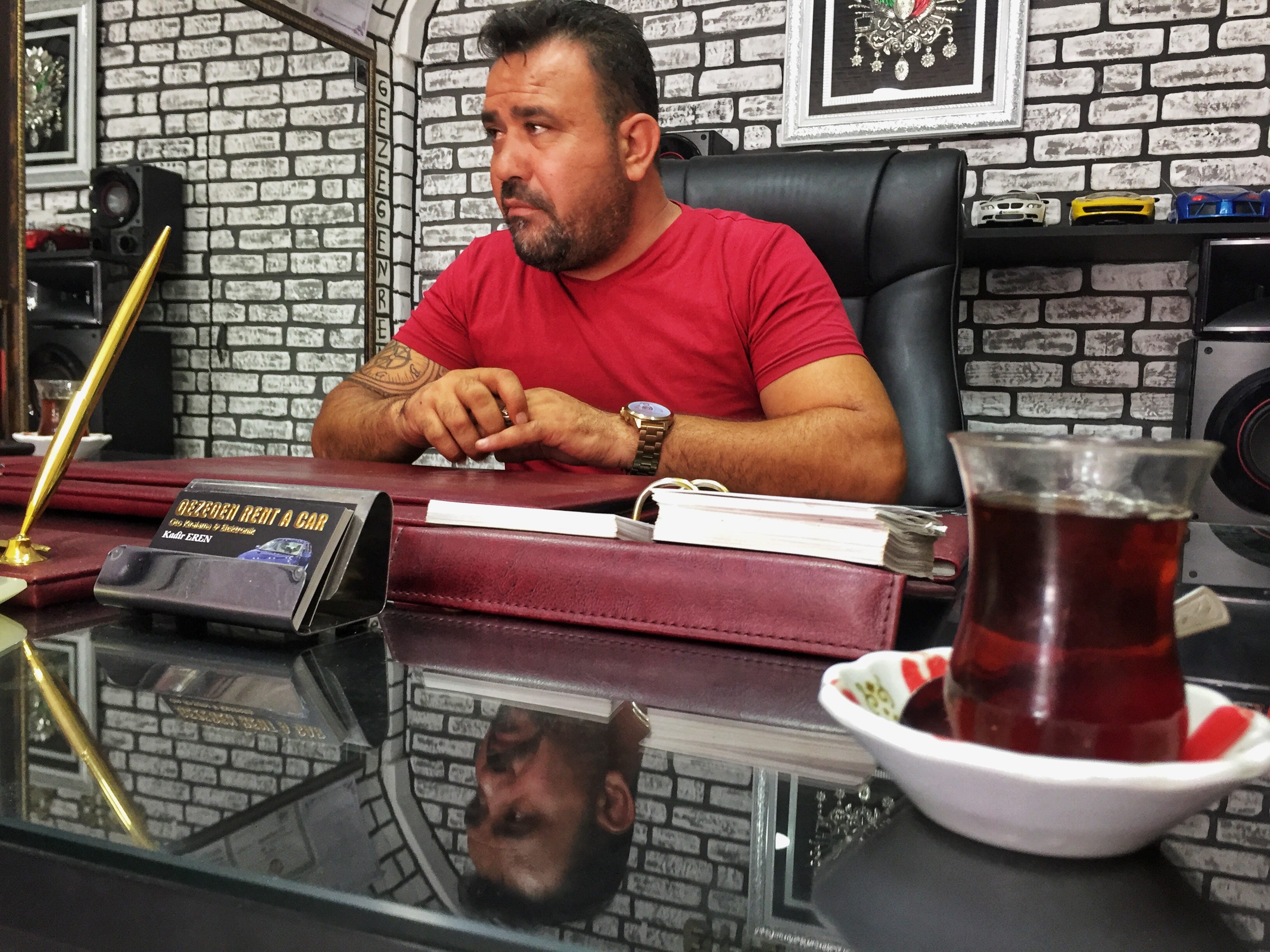
Even today, I smile and get warm fuzzies when I think of all the kind, loving, beautiful people I met in Nar, Turkey. In fact, a large photo of the ladies of Nar is on my wall today. I have 16 travel photographs on my wall – THREE are from Turkey and they all have people in them, because the people are as important to a Turkish travel experience as the places are.
So, that’s why I cried this morning.
I don’t know which organization mentioned it, but I saw in passing this morning that this quake is expected to be the largest and most destructive we might see for a decade. Anywhere on the planet.
Few quakes in my lifetime have had this potential for destruction. In places like Syria, where things were being held together by the grace of Allah and sands of time, things have come crashing down – the videos are horrific. People keep walking down streets and random buildings are just collapsing like a breath of air blew it down from above.
I can’t imagine the horror and PTSD these people will face as a result.
And, of course, Turkey has been hosting the most Syrian refugees of any nation since day one, so those refugees too will once again experience a kind of loss we will never understand.
We Westerners always think “oh, why are they staying in Turkey when it’s so close to everything they’ve lost?” But why do we always assume refugees want to leave their homes? They’ve got thousands of years of history, that region is in their blood — they don’t want to leave their cultural identities behind, and I don’t blame them.
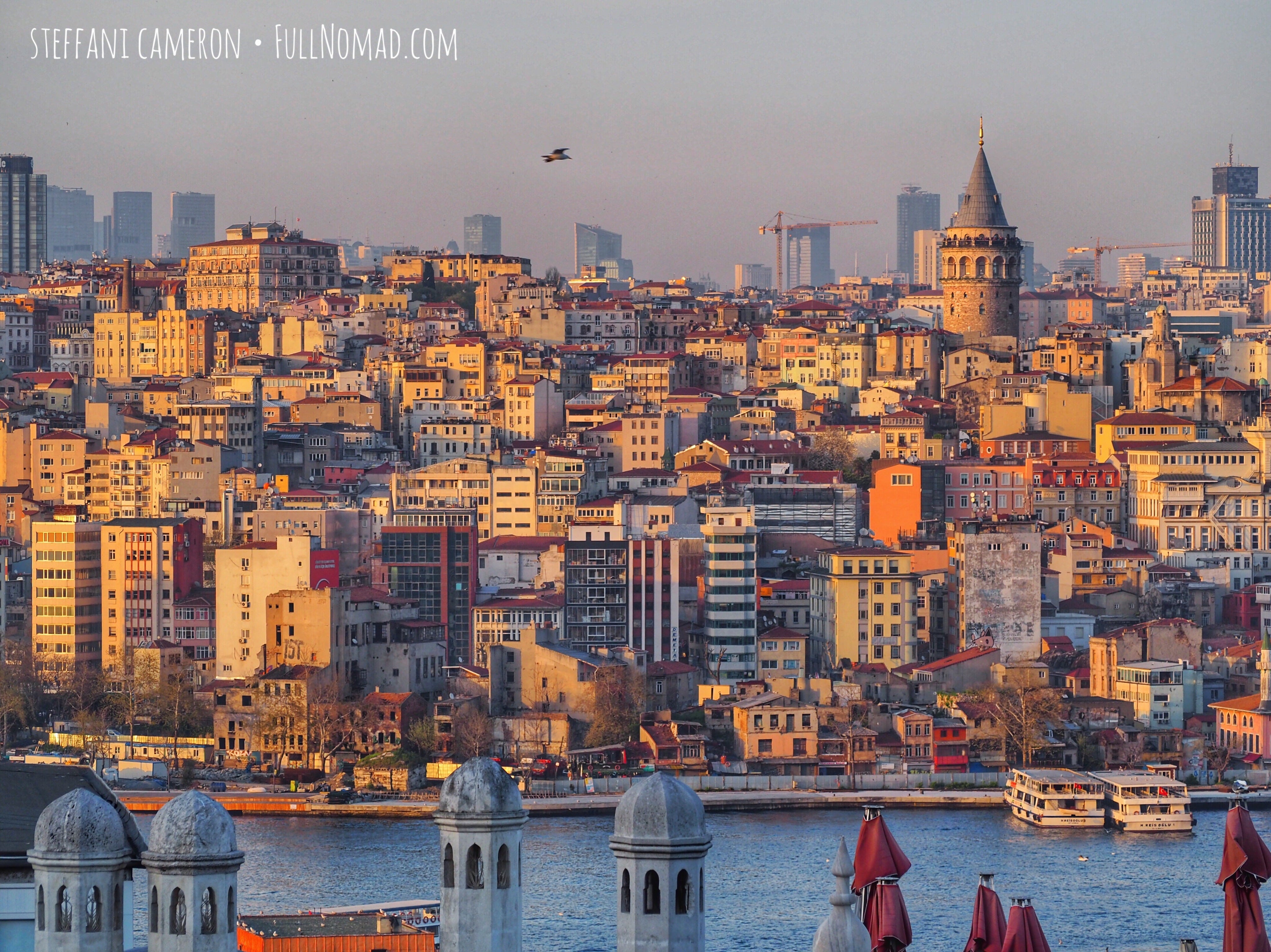
With all the death and destruction comes losses to the human historical fabric – relics and ruins that speak to the thousands of years that have lapsed, they’re all gone now. The Gaziantep castle, standing strong as a fortress for over 2,200 years? Rubble. Gone. In an instant.
Sigh.
When I left to become a nomad, a large part was because I felt we were at a crossroads with the climate and everything was going to change in, oh, a decade or two. I felt like I wanted to see the world in the “Before Times.”
But I had no way of foreseeing how quickly the climate would change, and I certainly never foresaw a pandemic or a war in Europe, or debilitating quakes like this or the one that struck Albania only 5 months after I left.
But the Before Times, indeed.
For some perspective on this earthquake – there are reports of tremors being felt in Greenland, thousands of kilometres away. My friend tells me that her friends in northern Lebanon evacuated their homes today because aftershocks were so strong and frequent. The drone footage of block after block of collapsed buildings in Turkey are astounding and horrifying.
It’s all the worse when you realize the quake occurred at 4:17am and most of those buildings had people sleeping soundly, unaware it might be the last time they ever went to bed.
I can’t fathom the losses we will learn about this week – to human history, archaeology, but worse, the human potential in all the lives we will learn were lost as those buildings became rubble.
The dead already are already around 3,400 (and it was at 2,700 when I began writing this just 2 hours ago).
I fear we won’t be able to comprehend the true numbers that unfold this week, and the numbers won’t change much in the next several hours, because night has fallen.
But, come morning, I fear numbers we didn’t fathom. If you can help, please do.
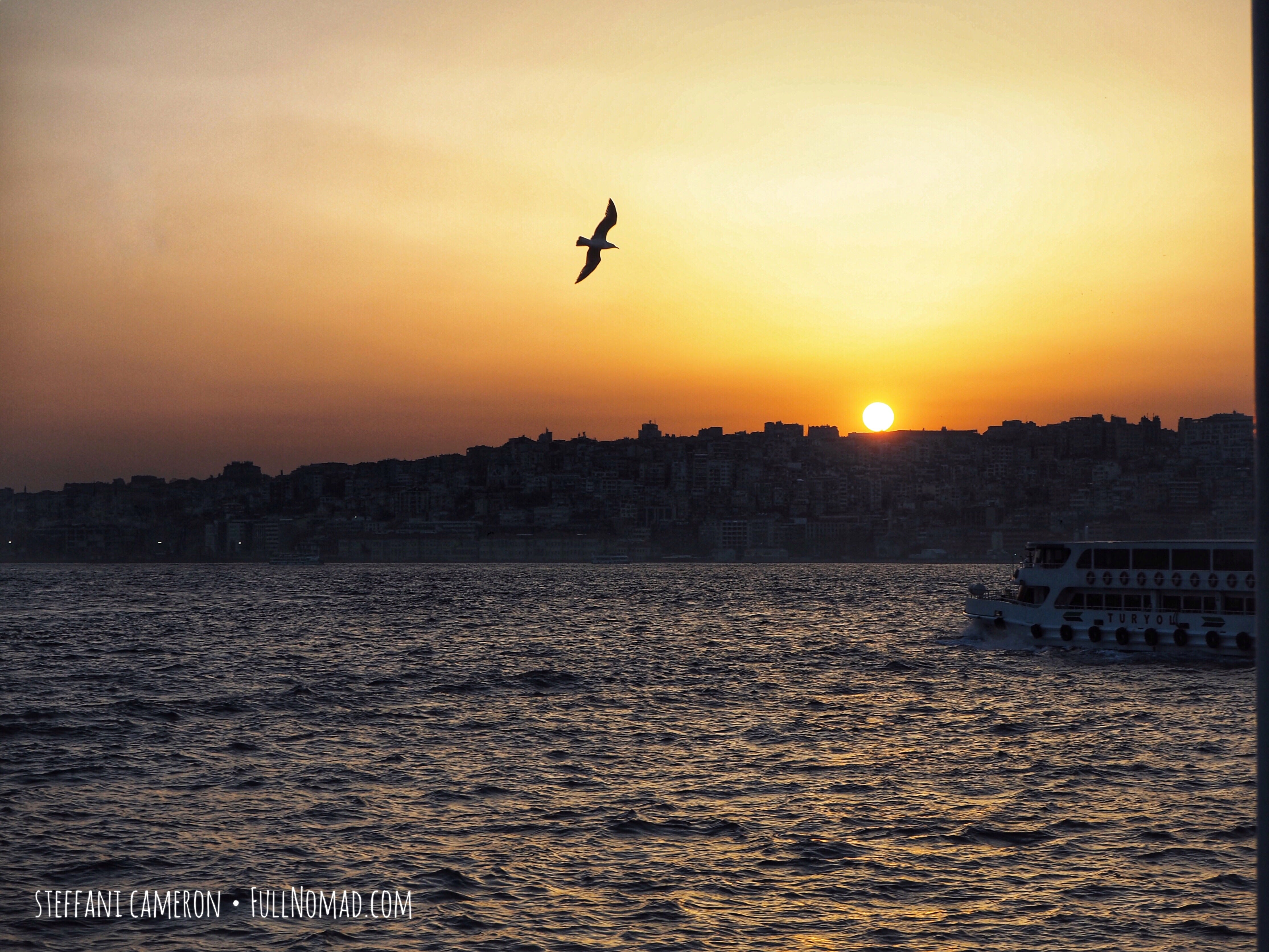
But… please be careful who you donate to.
A lot of people are skeptical about charitable organizations and look for “real people” to donate to but there are a TON of scams during such catastrophes.
In Turkey and elsewhere in the Middle East, sites like PayPal are often banned and cannot be accessed – I had to use a VPN to even get onto PayPal when travelling there, but folks on the ground often can’t even get accounts with Turkish banking, so asking for PayPal donations right off the bat is sketchy.
Red Cross, Doctors Without Borders, and some other organizations are serviceable and often can deploy quickly, but reports debate how effective they are, so your mileage may vary, she said dryly. There’s a Muslim aid organization in the USA who would be my first choice, and there are local Turkish organizations that have good reputations that are listed in this tweet. But the faster you donate, the faster it helps.
I don’t know what else to say. My heart breaks for the region.
Maybe today would be easier had I never visited those places. But I wouldn’t be the person I am today had those lives never touched mine.
My heart is in Turkey and my prayers are too.
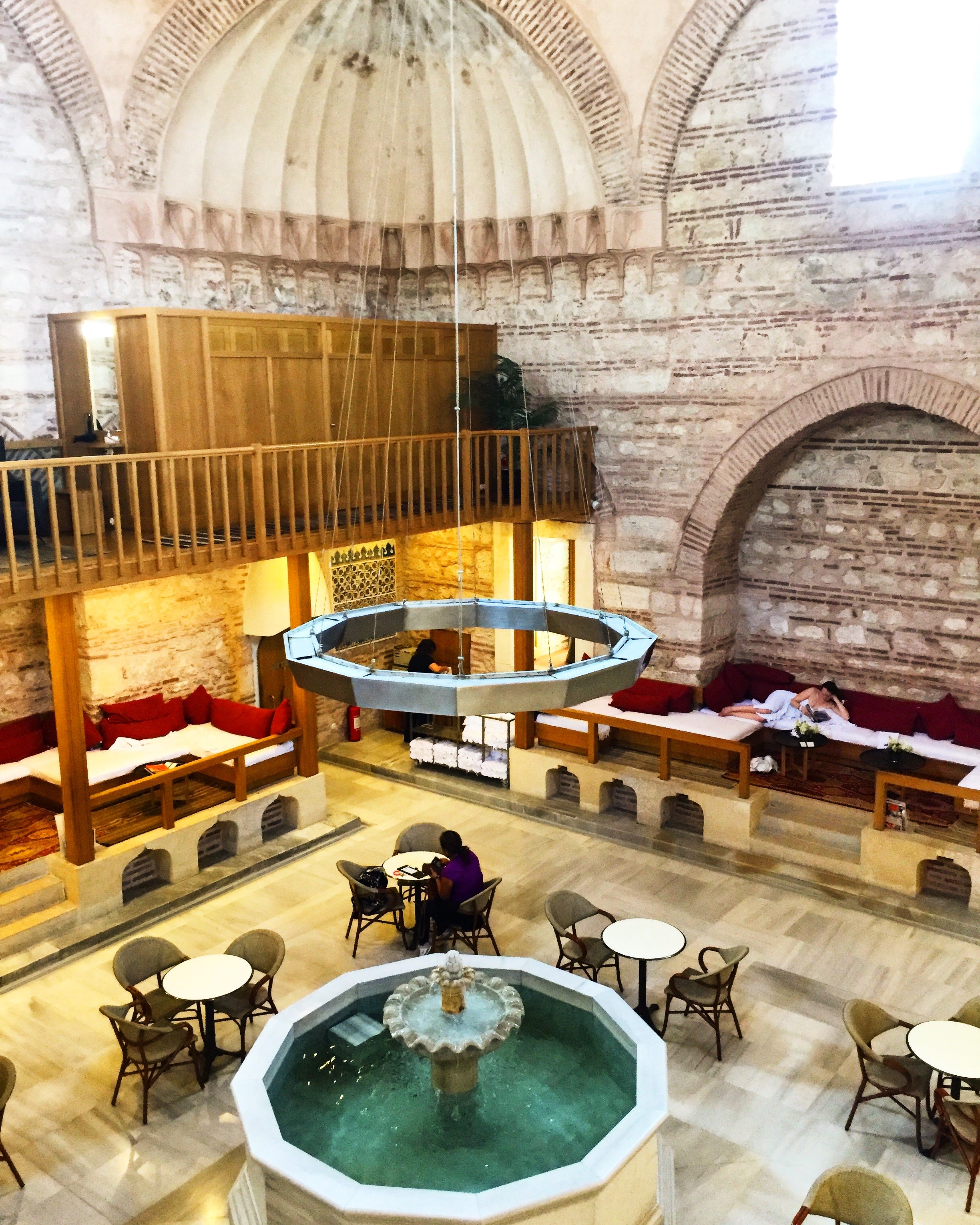
Nomad No More is a reader-supported publication. To receive new posts and support my work, consider becoming a free or paid subscriber.

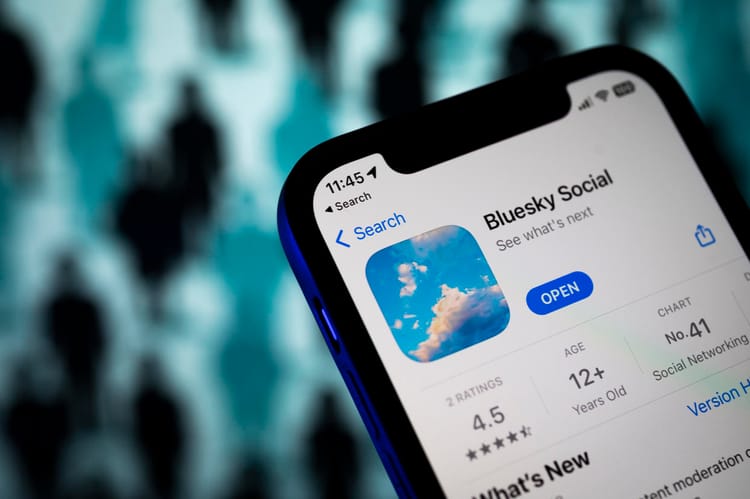
Member discussion